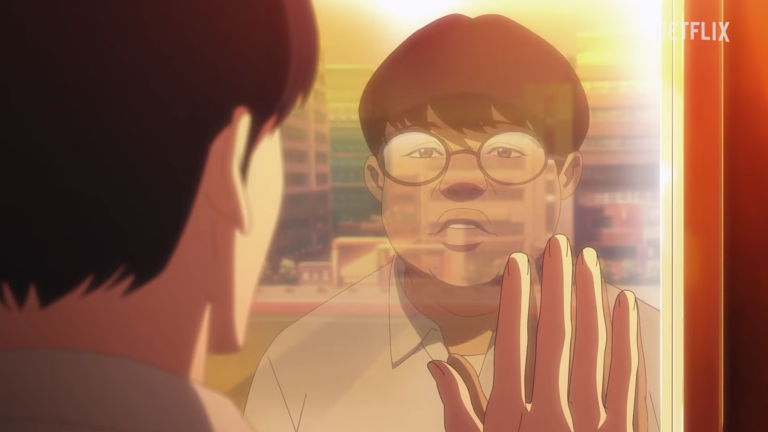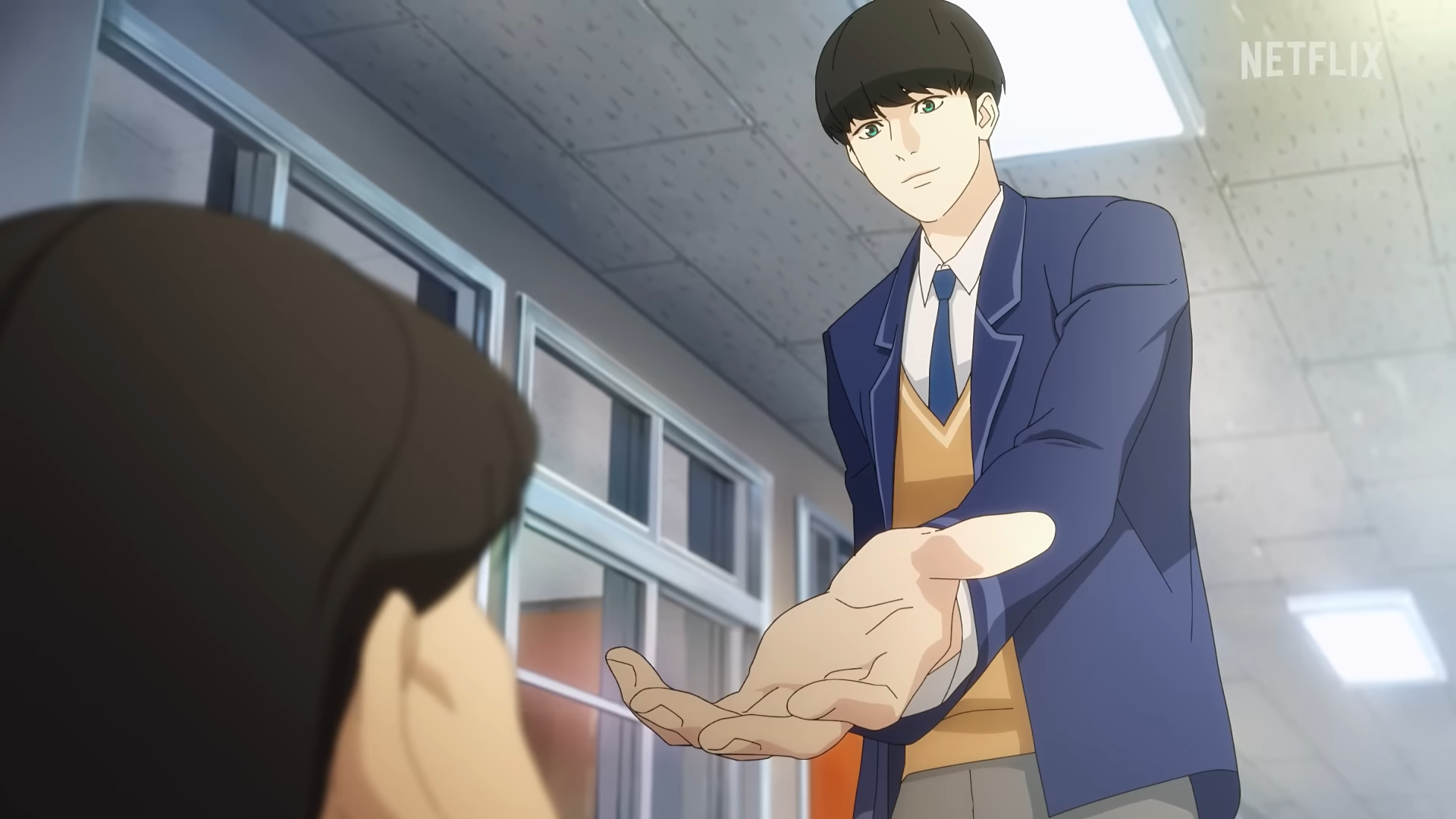From anime to K-drama, South Korean entertainment has a habit of basing people’s worth on their appearance. The new Netflix series, Lookism, is going to be addressing this issue head-on, but will it do so in a way that creates positive change?
My journey into South Korean entertainment started the same as many others – K-pop. I was having a difficult time in my personal life when my friend first introduced me to the band BTS. At first, I didn’t get the hype, but I gave their music a chance and soon came to understand the joy that people get from this upbeat, impressively choreographed genre.
It made me want to learn more about South Korean culture, so I delved deeper into its various entertainment avenues. It was a different kind of escapism than British and US television shows, packed full of intense drama and off-the-wall plots. However, it was also full of problematic tropes around appearance.
For someone with a visible difference, who also enjoys these shows, this can cause feelings of conflict.
I quickly noticed that in both K-dramas and anime, a person has to look a certain way to be popular. Women needed to be stereotypically feminine, with long hair, big eyes, and petite frames. Men need to be “classically handsome”, sporting strong jawlines, muscles, and height. If you didn’t look this way, you were mocked, bullied, and cast to the side.
Personally, I’ve not been influenced by these tropes – I don’t want to look like these supposedly perfect people. I am a burns survivor, and it’s taken me years of hard work to reach a point where I can be unapologetically myself. But 12-year-old Tatyana, dealing with the school bullies, the stares and comments from strangers (and I mean adults who should know better) on the street, may well have seen these characters and found one more example that told her she wasn’t what the world expected, and that her failure to fit the stereotype would mean loneliness and fear.
And it’s not just children and young people, I know that others who may be more insecure about the way they look might be influenced by what they’re seeing, and that troubles me. When a person starts asking “should I” or “could I” when it comes to their appearance – and it’s not in a health capacity – that’s where problems start.
These tropes teach viewers that you need to look a specific way to be liked, perpetuating the idea that people who look different are outcasts. Of the shows I’ve watched, I can’t think of a single example where someone with a visible difference has been portrayed positively, which is incredibly concerning.
Much like Western media, visible differences are often used as a sign of evil or villainy in South Korean entertainment. Imagine seeing a feature of your appearance used constantly as a way to identify something negative. It’s draining and damaging.
Even when the person becomes “beautiful” and gains popularity, the focus is often on revenge against those who treated them poorly, further pushing the idea that difference somehow makes you innately hateful or evil.
Generally, the representation of people with visible differences is improving in the media, albeit slowly. People are starting to realize that uniqueness is something to celebrate and embrace. It’s time that South Korean entertainment followed suit.
Lookism Has Potential, But…
Could Lookism be the beginning of this cultural shift? The series follows a high school student who is bullied for his looks. One day, he wakes up and discovers that he has received a new, conventionally attractive body, which he can use while his original body is asleep. As a result, he begins to realize how differently the world treats him based on his physical appearance.
Having not read the original webtoon by Park Taejun: I am coming at this series with fresh eyes, as many others will be. As such, I hope that it isn’t the same old makeover story rehashed, and that it does go a different, more positive, route. I’d like to see the protagonist openly acknowledge the problematic nature of his bullies, calling them out publicly in an effort to educate them and those who acted as passive bystanders. I don’t think this will come straight away, but I’m hoping that as the series progresses, he will develop more deep-rooted confidence, which enables him to use his popularity for good.
If Lookism shines a spotlight on how wrong it is that a person is treated differently based entirely on their appearance, and in the end, the main character finds happiness in his original body, then that would be revolutionary. As a Netflix exclusive, the series will likely have an unusually high global reach for a Korean anime (especially since the source material is already so well known), and if it does portray differences more positively, it could start the ball rolling for better representation in the future. The trailer certainly looks promising.
Unfortunately, I remain doubtful. I’m concerned that the protagonist will want to stay in his new “handsome” form having concluded that life is better that way, again teaching the audience that stereotypical good looks are the only way to be happy. This is where Netflix’s reach could backfire. If Lookism is popular with audiences and perpetuates this trope, there’s no motivation for Korean media to change.
I really hope I’m proved wrong.
My love for South Korean entertainment won’t be dulled by these troubling stereotypes, but I do wish for change. A person’s appearance does not diminish their value, and no form of entertainment should ever suggest that.
Written by Tatyana Findlay, campaigner for the UK’s leading visible difference charity, Changing Faces
Lookism begins streaming on Netflix on December 8.
© Park Taejun, WEBTOON / Netflix


Participate In Discussions